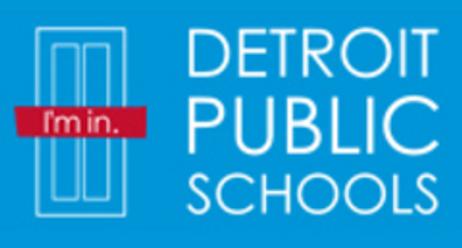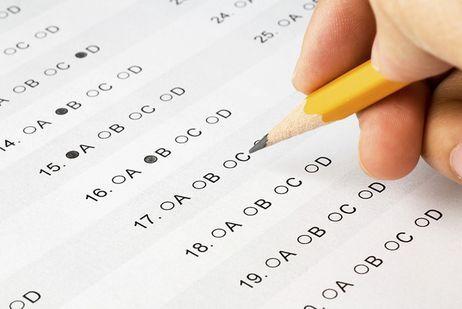One of the largest school districts in the country is in the midst of major renovations that will benefit the local economy, as well as its students. Orange County has announced the ongoing progress of 12 construction and renovation projects, with a hefty price tag of around $224 million. The district expects to pump many of those dollars right back into the local community, by creating more than 9,700 jobs to get the work done. The projects are being funded through a sales tax referendum that was approved by voters in 2002.
Construction Projects on the Way
Orange County Public Schools has approved the construction of two new schools that will handle the overflow of students in the growing school district. The first expansion school with be constructed near Lake Nona in the Dowden Road/Randal Park area. The second will be located on Hackney Prairie Road near Ocoee, according to the Orange County Public Schools website.
Construction of the two new elementary schools will create more than 800 construction jobs and another 614 indirect jobs for the county. Jobs that fall into the indirect category include architects, engineers, landscapers and carpenters that are expected to work on the new buildings at some point in the process. It appears that the construction downturn in Florida has lent itself to available, highly skilled workers who can handle the new construction projects for the school now.
“Having spent my life in construction, I know how difficult downturns in






















